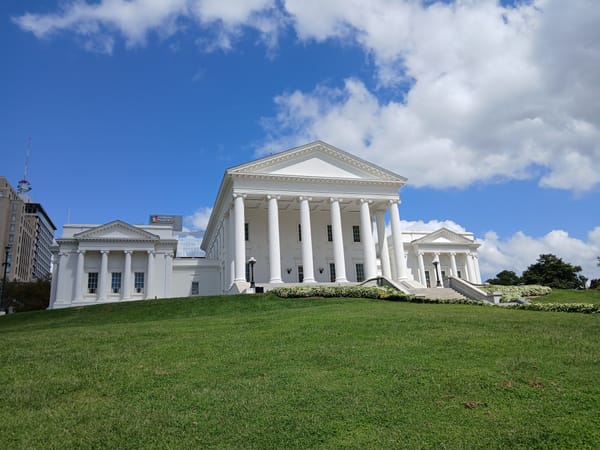Things I might have tweeted, part 5: Rights, reproductions, and reality #marac
Sorry that I didn't post from the last session yesterday, my phone died. But I may post a real blog entry about it later. Anyways, here us Rights, Reproductions, and Reality. A google group about this topic: marac rights and reproductions. The panel wants a discussion forum for when we aren't at marac. Roundtable format, the people here are Wendy Hurlock-Baker, Archives of American Art, Daisy Njoku, Smithsonian, Karma Foley, freelance archivist, Jenny Ferretti, Maryland Hist. Soc., Robin Pike, Catholic Uni. Not going to talk about copyright, except for one thing. Sound recordings. Check out recordingcopyright.org. They are pushing for all sound recordings to be put under federal, not state law. You can see my previous post about this issue for more information. AAA has a fee, similar to their web use fee, for digtal applications. Giving permission to use the digital file, through property rights, but most places are putting the burden of copyright permission on the researcher. Wording "the onus of third party rights is on the applicant." If you start trying to help them too much with finding copyright holders, then some of the responsibility comes back on you. Ebooks are considered different editions, so if your forms say one time, non exclusive use, you can charge them twice. Put rights and citation metadata into your files. You can do this with photoshop. Gifs strip out some metadata when you go from tif or jpeg to gif. MHS charges fees based on fule size, so higher dpi gets a higher fee. Tax exempt does not mean nonprofit. Tax exempt places, like some university presses, still make a lot of money. And archives charge a lot less than stock photo places like Getty.
